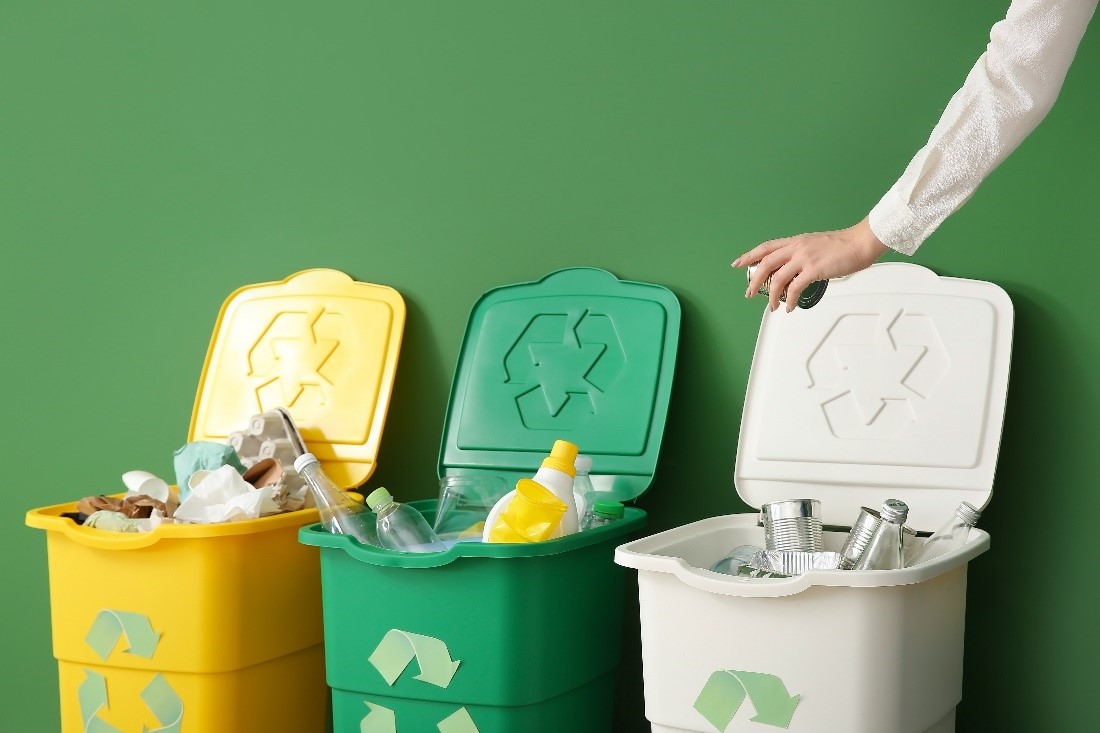The variety and quantity of waste produced in every household or industry have increased, making it difficult and overwhelming to centralize waste management. Decentralized waste management allows each society, locality, and community to process their own waste rather than sending waste to a large centralized facility.
In today’s world, decentralized waste management is the way forward. Here’s some insight into why that is:
It Promotes Waste Recycling
Recycling waste has been hugely adopted by people in Sydney. This is because they realize how it’s a profit-making opportunity since the recycled material can be sold at reasonable prices. However, not only will waste recycling help you make money, but it’ll also aid in preserving the environment.
Recycling waste reduces air pollution by preventing the emission of water pollutants and greenhouse gases. Also, using recovered items typically generates less solid waste, making the waste disposal process easier. Needless to say, when you make products out of recovered material, you use less energy during manufacturing, so fewer pollutants are produced.
It Promotes Decentralized Composting
As innovative smart technology continues to break new grounds, easier and greener ways of doing things are invented. This is the case with the GoClean innovation, which was designed to help take the initiative towards recycling, reducing, and converting organic waste to make liquid fuel and organic manure.
The GoClean process involves hiring people who can segregate the waste before putting it into a machine. Not only does this process create employment for locals, but it also saves the environment from untreated garbage, hurting the earth daily.
It Promotes Small Scale Anaerobic Digestion (Biogas)
Recovering energy from organic waste has never been more environmentally friendly. This technology is characterized by biogas plants serving as waste disposal technology to solve environmental problems.
This small-scale anaerobic digestion is decentralized and extremely suitable for maintaining ecological balance and sustaining economic demand for the long term. It provides adequate energy for cooking and lighting and provides a pollutant-free environment.
It’s Effective For Highly Populated Countries
Sydney is experiencing a population boom. Most households in Sydney have a general red bin and a yellow recycling bin, with green garden waste bins only available upon request. This is an attempt to ensure all waste is taken of accordingly, a difficult task in such a populated country. Sydney would benefit from using a decentralized waste management system.
Sydney is always looking for ways to enhance its waste management systems and follow the latest technological trends. For example, Sydney residents are encouraged to download the Garbage Guru app, telling them how to recycle or dispose of their everyday items.
They also label their garbage bins and provide signage to apartment buildings. All their efforts have proved effective in implementing environmentally friendly and effective waste management systems.
It Uses Modern Waste Management Solutions And Techniques
Green Waste Reprocessor (GWR) is a new technology innovation to manage horticulture waste. This machine can be installed close to the point of waste generation, making it easier to transport the waste from where it’s generated to its point of treatment.
The Green Waste Reprocessor is relatively easy to install, and setting it up doesn’t take lots of space. It requires two to three semi-skilled employees to operate it. The GWR turns waste into rich compost, which can be used as fertilizer for your farmland. The good thing is that it’s organic.
While one city alone will require lots of GWR machines to recycle horticulture waste successfully and effectively, it’s fairly easy to do when waste management systems are decentralized.
It Promotes Accountability
Sending waste to a centralized waste facility is no different from dumping it into someone else’s backyard. Decentralized waste management, however, promotes accountability in that you take ownership of your waste as a town or city and follow the necessary steps to ensure it’s disposed of sustainably and efficiently.
Taking accountability for waste at a community level is also cost-effective. This is because decentralized systems require less expensive pipes that are easy to install. As a result, communities can delay or avoid infrastructure capacity upgrades that are both expensive and time-consuming.
Taking All Into Consideration
The world population is constantly increasing. As a result, waste is becoming increasingly complicated to handle at a centralized level. Therefore, decentralized waste management is the way to ensure waste management is handled effectively and efficiently.
Decentralized waste management is cost-effective, easier, and environmentally friendly. This is because it promotes waste disposal technologies that pose less harm to the environment such as recycling and decentralized composting. Consider the ideas mentioned here as you plan and prepare.



